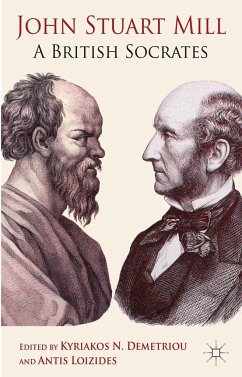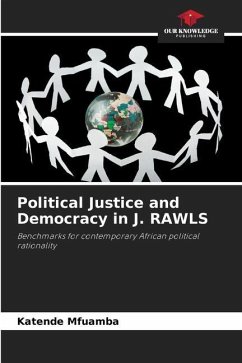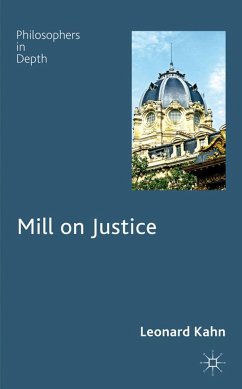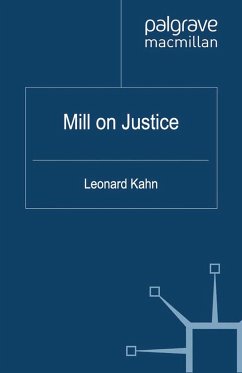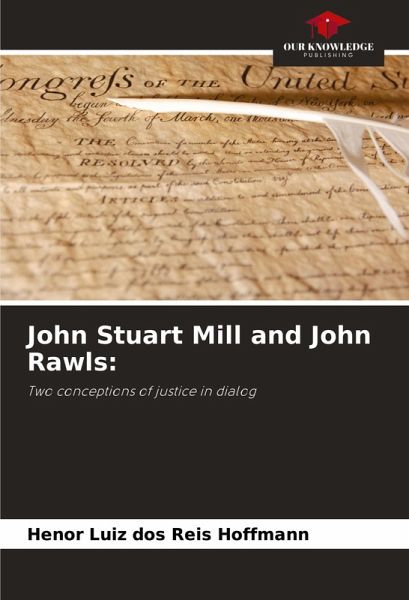
John Stuart Mill and John Rawls:
Two conceptions of justice in dialog
Versandkostenfrei!
Versandfertig in 6-10 Tagen
40,99 €
inkl. MwSt.

PAYBACK Punkte
20 °P sammeln!
The aim of the research is to compare Mill's and Rawls' conceptions of justice. It is divided into three parts: (i) Mill's Theory of Justice, (ii) Rawls' Theory of Justice, (iii) Comparing: Mill and Rawls. The first chapter shows that Mill's theory is characterized as a non-teleological rule utilitarian and rejects a metaphysical conception of the person. The idea of the person and moral psychology are the basis on which his principle of utility, understood in the broadest sense, is anchored. Millian social liberalism, i.e. the priority defense of basic individual freedoms equated with social ...
The aim of the research is to compare Mill's and Rawls' conceptions of justice. It is divided into three parts: (i) Mill's Theory of Justice, (ii) Rawls' Theory of Justice, (iii) Comparing: Mill and Rawls. The first chapter shows that Mill's theory is characterized as a non-teleological rule utilitarian and rejects a metaphysical conception of the person. The idea of the person and moral psychology are the basis on which his principle of utility, understood in the broadest sense, is anchored. Millian social liberalism, i.e. the priority defense of basic individual freedoms equated with social and economic justice. In the second chapter, dedicated to Rawls, the mental experiment called the original position is analyzed, and the role of consequentialist elements in his theory is verified. This is followed by the two principles of justice: equal liberty and equal opportunity. The climax of the work is in the third part, which shows that there are more convergences than divergences between the authors. The final considerations weigh up the similar and different aspects of the theories, concluding that justice as fairness has advantages.










